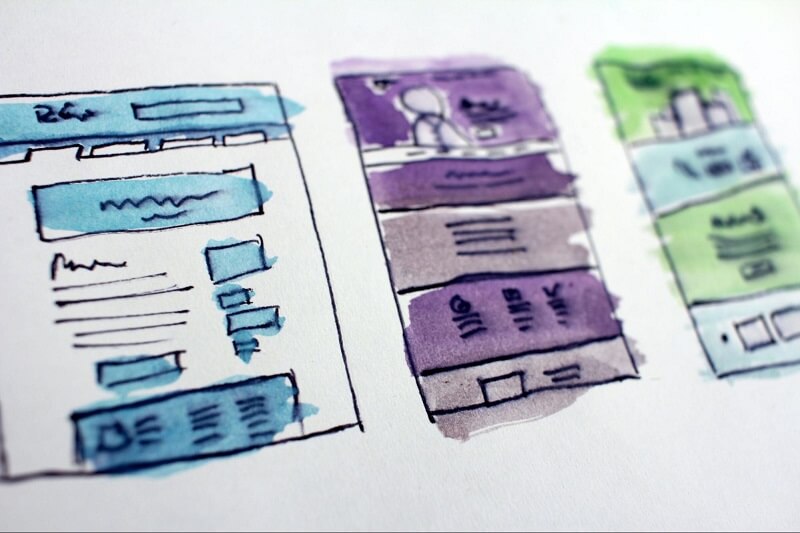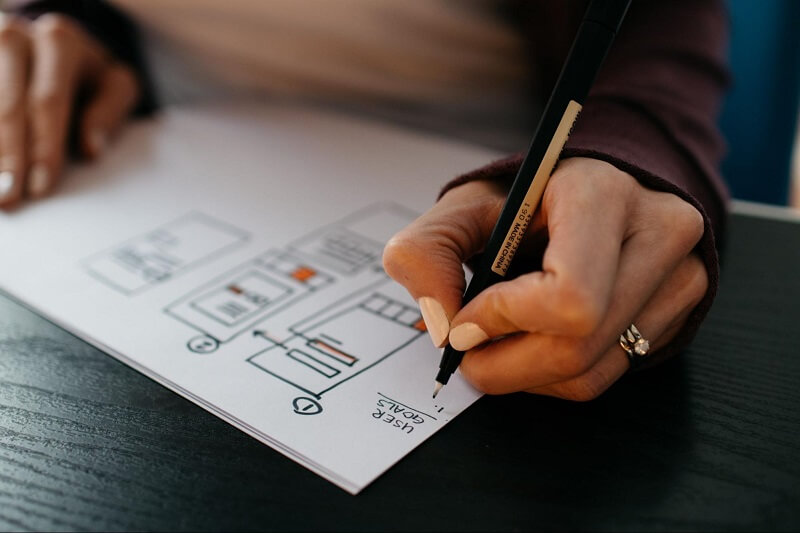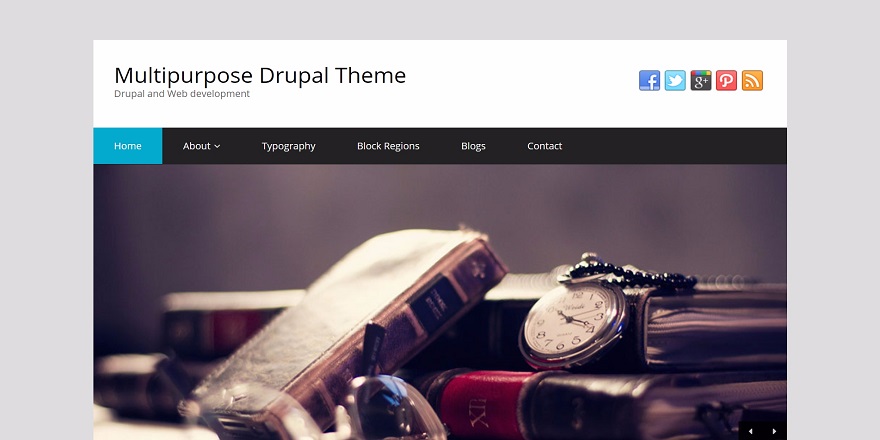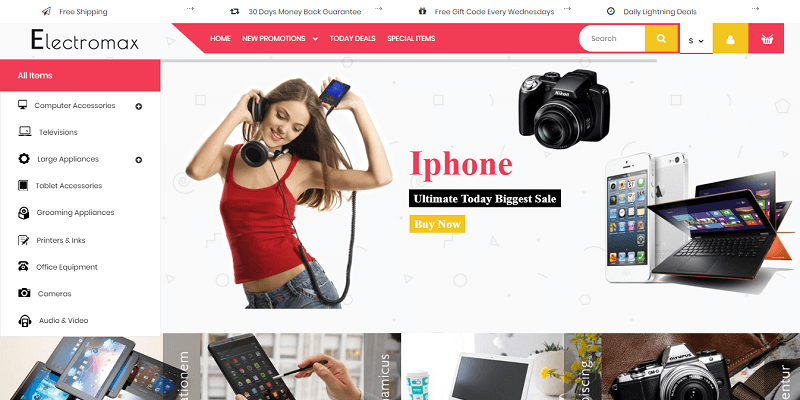Hey guys, today in this article, we will discuss how to make web design and marketing complement each other for better business ROI. So keep reading.
Your website is a way for you to communicate to your customers what your company is about. It also lets them know what services you offer and what new products you will be releasing. But you don’t just paste your company information and links to your products and call it a day.
The design of your website can affect your visitors’ shopping decisions. Users establish an opinion about your website in roughly 0.05 seconds. This affects whether they like it and will continue doing business with you or not.
You need a website if you want to remain competitive in today’s marketplace. But it’s not only about having a pretty site. It also needs to be marketable. Well-designed websites boost your SEO, which leads to increased sales. It also affects future business viability.
Web design influences and maximizes your marketing results. But, like marketing, it changes at a rapid pace. So the real question to ask is how to do it. For a better online presence, pay attention to the steps outlined in this article.
What Is Website Marketing?
Advertising your website on the Internet is what website marketing is about. It is one of the internet marketing channels that you can use in your entire digital marketing plan. Its primary purpose is to increase the number of visitors to your website.
There is more to just creating a website. B2B marketing services can help you make a better website that makes you money. Altitude Marketing studies your existing customers’ behavior on your site. They improve the resulting leads through content marketing and increase customer lifetime value.
It is not difficult to create a good website design that makes a customer stay and engage with it. A B2B marketing agency looks for ways to build a better-looking and more useful website. They give your website updates if it needs redesigning. They also work with you and offer ideas for improving your conversion rate.
What Are The Important Features A Good Website Has?
If you want to know how to make web design and marketing complement each other in order, then look no further. There’s no higher goal than that of boosting your website’s ROI. How a site looks is a key factor in building trust and changing consumer behavior. Let’s look at some of the best practices for building an appealing website design for your audience.
1. User Experience (UX)
User experience refers to how a user enjoys looking at, navigating, and using your website. Improving the user experience means you need to make their experience more enjoyable. That is why usability and functionality should be high on your web design priority list.
Your UX design strategy must focus on offering a clear and simple path to conversion. Here are some of the ways that you can improve the user experience through web design:
- The site and its links load rapidly
- Calls to action are available in the right places
- The user’s journey flows effortlessly
2. Easy Navigation
Users should be able to easily locate what they’re browsing for on your website. Providing easy navigation for your visitors builds their trust. In fact, 75% of individuals estimate a company’s reputation based on its website. The user journey from A to B (to checkout) should be straightforward and pain-free.
- Simple site architecture ensures that each stage of the process flows organically
- Seamless navigation using breadcrumb links to follow their progress
- Users may see where they are in the marketing funnel by using progress bars
In a word, you don’t want to give your visitors a reason to leave your site. This not only hurts your business reputation but also your sales.
3. Responsive Web Design
More people than ever before are shopping online using their phones or other gadgets. GlobalData predicts that mobile spending in the United Kingdom will increase by 88.3% by 2023.
If your site isn’t optimized for all screen sizes, you risk losing prospective clients. Mobile consumers are also five times more likely to abandon a website that isn’t mobile-friendly.
Your website design should preferably be adaptable enough to:
- Resize seamlessly to accommodate the user’s device
- Have responsive photos that resize to fit
- Provide a customized experience for each device
4. Pages That Load Quickly
47% of online customers anticipate a website to load in two seconds or less. You could potentially lose them as a client if you let them wait much longer. Slow-loading websites will have an impact on your search engine ranking as well as your bottom line.
Search engines like Google consider sluggish webpages to be a terrible user experience. This will rank you lower in search engine results if people repeatedly leave your site.
5. No Hassle Purchase Process
Web users are more successful in completing a purchase if the user’s journey is simple. 17% of web users will abandon the purchasing transaction if it is too long or confusing. A conversion or sales funnel refers to the procedures necessary to steer visitors toward purchasing.
It’s an excellent way to visualize the process of converting a potential customer into a paying customer. B2B marketing agencies help improve, optimize, and optimize your sales funnel user experience. This allows you to realize the benefits of having a good website design.
How To Do Website Marketing?

To effectively advertise your website, you need a sound plan that makes use of all the digital marketing platforms. The following are some measures of a good website marketing strategy.
1. Conduct A Website Design Evaluation
The first step is to design a website that appropriately reflects your company. This has nothing to do with the aesthetic element, but with the quality of the information, you deliver. Your website serves the same purpose as your storefront. It should seem beautiful from the outside. And everything should be in order and place when visitors enter your business.
2. Make Your Website Social Media Friendly
The following step is to optimize social media. It relates to:
- Visual components on your website that you can share via social media networks
- Include social media sharing buttons on sites that you wish to share on social media
- Make sure that the resulting snippet is well-formatted when a user hits the share button or directly shares your URL. Include the relevant open graph meta tags. And also use picture sizes and formats that all major networks support
3. Use Remarketing
You must encourage people to return to your website several times. Publishing fresh material regularly is an excellent way to do this. This includes employing social media marketing and email marketing.
But there is one more option that is really effective: remarketing or retargeting. You can use Google Ads to reconnect with folks who have already visited your website. This increases your site’s traffic and conversion rates and lessens your advertising expenses.
Wrap Up
Web design optimizes, whilst marketing drives the users that come to your site. A well-designed site is an investment. It requires a designer to put in the time and creative energy to develop landing pages that will support your marketing efforts. In turn, this creates website traffic and helps improve customer relations.
Web design can help you focus on the customer more and make your marketing return on investment higher. It is another tool for you to use in unison with your marketing plan. If you put this tool in the right spot, then you’re sure to see positive results.
Websites are a hotbed of potential. But they need special care and attention to be successful. You can either build your site on your own or outsource the work to a B2B marketing company.



